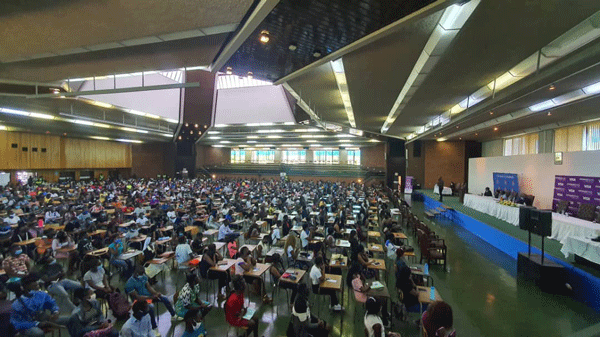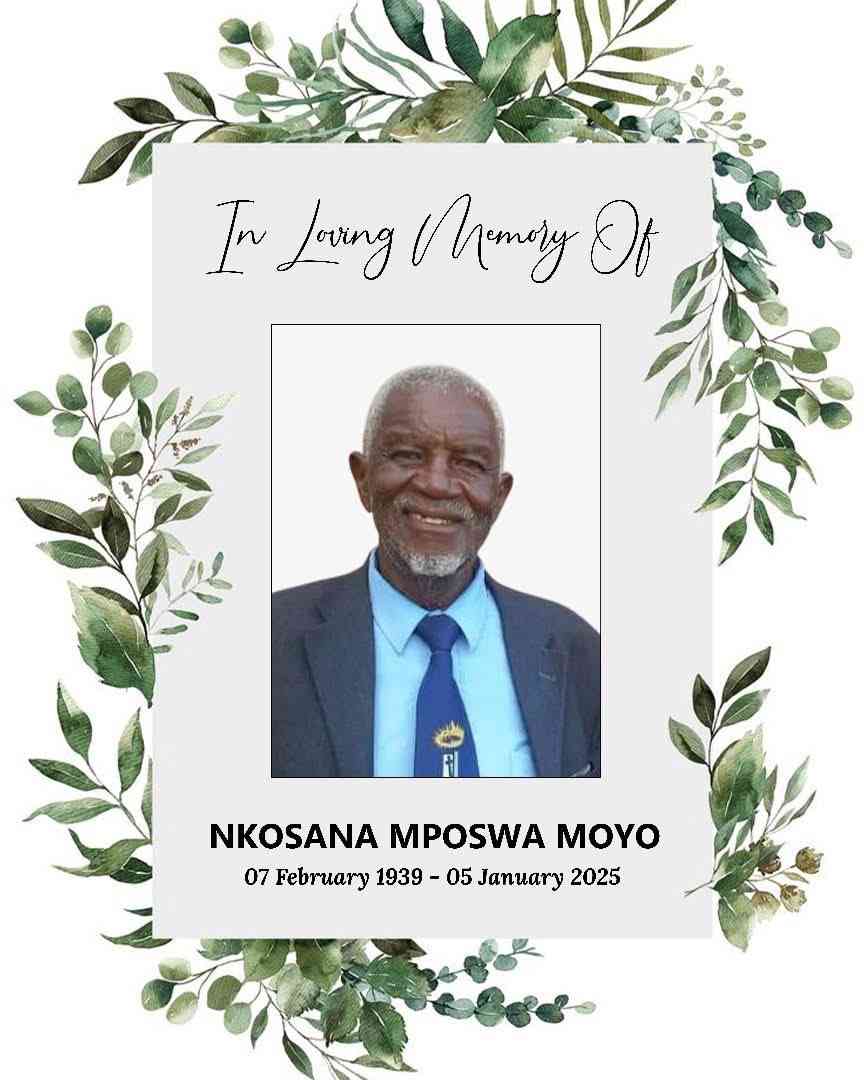
By Canisio Mudzimu
The proliferation of a gamut of universities and tertiary institutions churning out tens of thousands of graduates each year is a welcome development in the country’s quest to close the skills gap and set Zimbabwe on the right pedestal in terms of socio-economic development.
However, the attainment of this overarching goal can only be enhanced when the government revamps the tertiary education system to move away from the obsession with quantity to delving on quality and the provision of relevant, contemporary and on-demand skills that promote national development.
All things being equal, the rejuvenation of tertiary education will create a pool of either highly entrepreneurial graduates or graduates who are employable to steer the country towards the achievement of Vision 2030 goals and other development blueprints.
As the International Bureau of Education (2021) pointed out, learning is “the process that brings together personal and environmental experiences and influences for acquiring, enriching or modifying one’s knowledge, skills, values, attitudes, behaviour, and world views”.
The following recommendations are meant to enhance the “5.0 system” that the government of Zimbabwe has adopted to strengthen the curriculum and change the trajectory of the education sector.
Universities and tertiary institutions should regularly come up with programmes that respond to the ever-evolving and diverse needs of the country in particular and the world in general and this can enhance industry-driven programmes that seek to close the skills gap is the way to go in this country instead of turning tertiary institutions into museums and monuments that specialise in offering programmes that were relevant 40 years ago when letters were the most effective and preferable mode of communication.
This article will not single out any specific programmes, but what is important to note is that the rationale of a robust education system is to build skills that are aligned to the needs of the country as it seeks to properly equip learners for them to fit into the profile of “jobs of the future” not “jobs of the past”.
- Chamisa under fire over US$120K donation
- Mavhunga puts DeMbare into Chibuku quarterfinals
- Pension funds bet on Cabora Bassa oilfields
- Councils defy govt fire tender directive
Keep Reading
Zimbabwe’s education system should not overproduce graduates in specific areas while neglecting and underserving others, especially in critical areas such as engineering and technology, since this compromises the capability of the country’s education system to meet quality parameters in so far as manpower needs are concerned.
It becomes imperative that outdated, moribund and obsolete programmes that offer little utility to the contemporary world should be restricted to the dustbins of pedagogy and curriculum as a way of avoiding “creating” graduates who sell tomatoes and airtime by street corners!
I am not trying to undervalue this line of trade, but my point is that tertiary education should distinctively serve its intended role — value addition.
As one orator once put it across, the end justifies the means and this implies that the starting point in any programme review is to look at the critical skills that the contemporary world needs and then engaging the relevant authorities to come up with tailor-made diplomas and degrees that respond to the identified national needs and priorities.
For instance, Zimbabwe as a country whose agriculture and mineral sectors are proving to be the cog of economic development may require more investment in cultivating skills in such areas without ignoring other sectors of the economy.
The truth is that skills are needed in all spheres of life, but it is high time consideration is made on boosting the productive and technology sectors that seem to have lagged behind as the country reacted to the seismic changes in the anatomy of the socio-economic world.
In the same vein, some programmes might appear relevant due to the verbosity used in their nomenclature yet they might not be popular with the business, cultural or social world.
To this end, it is critical for regulatory bodies that approve the introduction of new programmes to be thorough, strict and diligent in their work in order to ensure that the country benefits from the investment in the education sector.
Any new programmes that are introduced should pass the litmus test of adding value to the economy as the products thereof should make a difference in their various fields and move the country forward.
As long as tertiary institutions are measured on the basis of the number of students enrolled or the number of graduates they churn out instead of the quality of the said graduates, the country will be shooting itself in the foot and negating the gains made over the years.
I do not want to sound pessimistic, but the unequivocal truth is that the quality of some of the graduates could be improved if proper strategies are put in place.
Mass production should not be associated with tertiary education as the end result is to equip the graduates with skills, attitudes, behaviours, values, knowledge, worldviews and ways of doing things that separate, if I may be a bit blunt, chaff from grain.
The quality of the graduates can be enhanced by discouraging rote learning (where learners focus mainly on memorising instead of understanding concepts) by revamping the assessment systems in use to enable students to clearly demonstrate their skills in their respective areas of study.
The rationale for the country is not to produce parrots that mimic concepts but people who can match theory with practice and who can use what they would have learnt to revolutionise industrial, social, technological and cultural systems, among others.
The efficacy of any strategies to boost Zimbabwe’s tertiary education hinges upon the professors and lecturers (and non-academic staff too) involved in the education system.
The quality of the education system cannot be enhanced when the educators are disenfranchised and demotivated as this is a recipe for disaster.
To this end, the powers-that-be ought to review the reward and compensation system for tertiary educators (and all educators for that matter) in order to improve their propensity to groom and build students and to come up with quality graduates who meet the mark.
In the absence of a competitive compensation model for the country’s education system in general, we will be sacrificing the future of this country on an altar of political expediency.
In a nutshell, Zimbabwe’s education system is a marvel of the world but this prestigious spot on the global map runs the risk of being jeopardised if the many tertiary institutions in this country are obsessed with quantity at the expense of quality and when they roll out or maintain programmes that have little impact on the value chain.
Irrelevant programmes should be scrapped without any iota of hesitation and any new programmes that are introduced should meet certain criteria in equipping students with appropriate skills, behaviours, values, norms, worldviews and attitudes that will make Zimbabwe a middle-income economy by 2030.
This dream will become a nightmare if the country’s tertiary education system produces graduates, who will end up selling juice cards by street corners, which is contrary to the goals of tertiary education.
- Canisio Mudzimu is a freelance writer, who can be contacted on canisiomudzimu@gmail.com.










